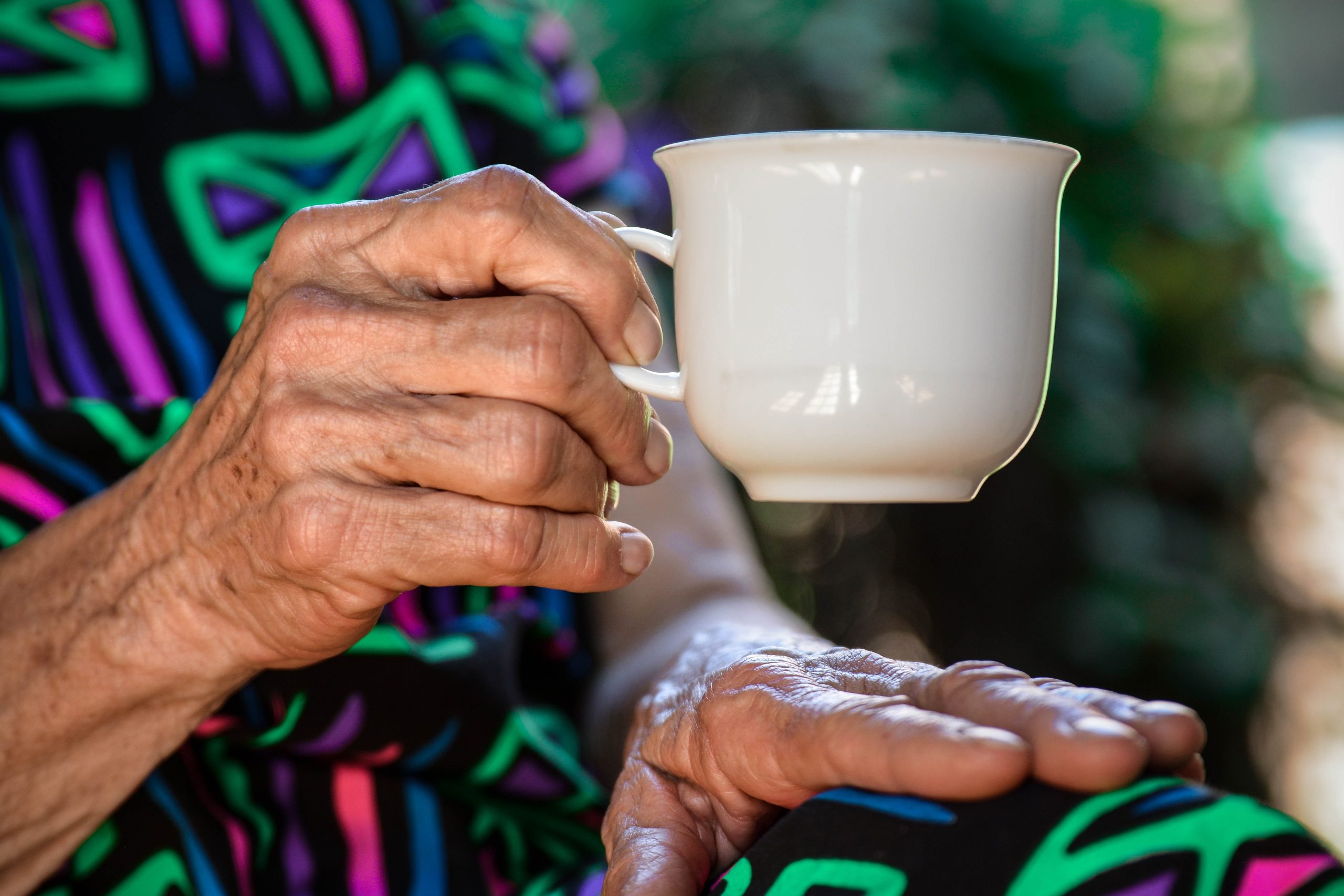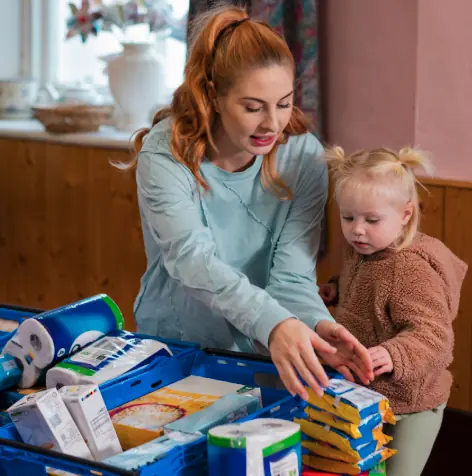How the Health and Social Care Levy will affect care workers

Analysis by Policy in Practice finds that the new Health and Social Care Levy will mean that a carer earning the National Living Wage in April 2022 would pay an extra £121 a year, in effect paying for doing their job of caring for others.
Carers are set to lose out by over £1,035 a year despite the planned increase in the National Living Wage
By April 2022, the combination of the new Health and Social Care Levy and the removal of the £20 a week uplift to Universal Credit would mean they are £1,035 per year worse off, despite the planned increase to the National Living Wage from £8.91 to £9.24 an hour.
- The household’s gross earnings increase by £686 per year due to the increase to the National Living Wage
- The household’s total National Insurance contributions increase by £203 per year due to their higher earnings and the introduction of the Health and Social Care Levy
- Overall, after paying tax, National Insurance and the Health and Social Care Levy their net earnings increase by £346 per year
- The removal of the £20 a week uplift will further reduce their income by £1,040 per year; while their higher earnings reduce their Universal Credit by a further £171, meaning a £1,211 fall in their Universal Credit between now and April 2022
- Food and energy costs are expected to increase by £170 between now and April 2022, meaning overall they are worse off by £1,035 per year despite the Living Wage increase.

Families face other benefit losses
Our data-led analysis shows that the loss of the £20 a week uplift will cause considerable hardship for families across the UK. We find that 683,000 households across Britain who receive Universal Credit (including 824,000 children) will be unable to meet all their essential costs if the uplift is dropped. If the uplift is retained, this total is lower with 458,000 households unable to meet their essential costs. Whilst this is still too high, the £20 uplift does shield a large proportion of households from extreme hardship.
At the same time, families are seeing the effects of welfare reforms including the two-child limit and the LHA cap (a limit on the amount of Housing Benefit and Universal Credit paid to those in the private rented sector).
- We find that 20% of low-income families living in private rented accommodation in London are paying rents higher than the LHA cap. This means that on average, they face a monthly shortfall of £178 between their rent and their benefits
- The two-child limit in Universal Credit means that a family who has a third child this year will receive no additional money through benefits. The amount of support awarded for their second child is £2,850.
Combined falling incomes and rising living costs creates a perfect storm for low-income families
Whilst families’ incomes are falling, living costs are rising. Both food and energy prices are expected to increase next year.
- Food costs are expected to rise by 1.8% and average energy costs are set to rise by £139 per year
- A low-income single parent of one child will see food and energy costs increase by £170 between now and April 2022.
The combination of the Health and Social Care Levy, removal of the £20 a week Universal Credit uplift, and increased food and energy prices means that a low-income single parent is likely to be worse off by £1,035 a year in April 2022 compared to now.
Additional costs falling on households in April 2022, compared to September 2021, are shown below:

Additional household costs in April 2022 compared to September 2021
Without any increase to the National Living Wage, the annual impact to a low-income single parent would be a loss of £1,331 per year.

With no increase in NLW a single-parent household will be over £1,000 a year worse off
Deven Ghelani, Director and founder of Policy in Practice, said:
The unfairness of paying for social care through a rise in national insurance, whilst cutting support for the lowest earners at the same time, means that those who kept us going through the pandemic will be the ones hardest hit by the new Health and Social Care Levy.
In the news
 Read coverage of our analysis by Patrick Butler in The Guardian: Nearly 300,000 on adult social care ‘waiting lists’ in England
Read coverage of our analysis by Patrick Butler in The Guardian: Nearly 300,000 on adult social care ‘waiting lists’ in England
Listen to Deven Ghelani talk about how removing the £20 uplift to Universal Credit will affect families on low incomes on BBC Radio 4’s The Briefing Room, Thursday 9 September at 20:00. Universal Credit: the challenge ahead
Join our webinar: How Autumn’s income shocks will hit low-income families
Wednesday 29 September
The factors that have kept many low-income families out of poverty in the past year are changing, meaning many thousands will be worse off. In this webinar we will explore what the Autumn may bring for low-income households and how support organisations can work now to prevent hardship and prepare for an increased demand for services as Covid supports are withdrawn. We will be joined by Monica Kaur from the Money and Pensions Service. Find out more and register here




